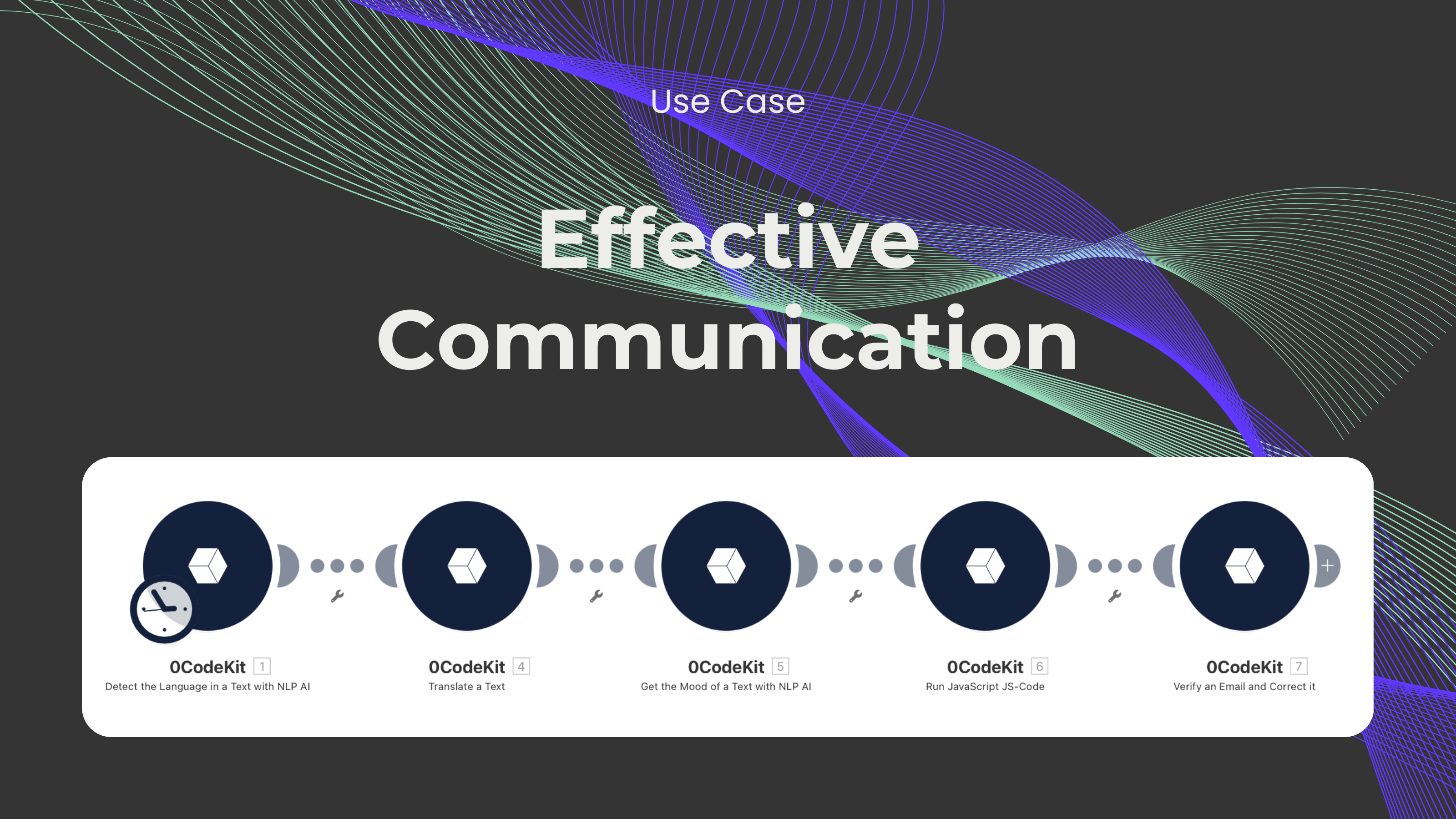All posts
The Value Behind the Cost
This blog explains 0CodeKit's pricing structure, shaped by computational and third-party service costs, required for its over 140 endpoints. Computational demands on high-quality servers and reliance on third-party services like Azure for AI functions contribute to costs.
Google Docs Entity Extraction Automation
This blog details setting up automation for data extraction from Google Drive documents using 0CodeKit's 'Text entity detection'. By enabling quick and accurate data extraction, this process enhances decision-making, information retrieval, and business intelligence.
Edge Computing
This blog explores edge computing, emphasising its role in real-time data processing for AI, smart devices, and IoT by decentralising processing. This proximity reduces latency, enhances performance, minimises internet strain, and improves data security.
Endpoint Usage Data on 0CodeKit
This blog highlights the importance of endpoint management on 0CodeKit's platform. Effective control of endpoint usage enhances performance and cost-efficiency. By utilising the usage table and data visualisation, users can monitor credit consumption.
Competitor Ads Tracking Automation
This blog discusses an automated approach to analysing competitors' ads using a Make scenario. By leveraging Google Sheets, 0CodeKit's HTML or URL to PDF endpoint, and Google Drive, users can compile comprehensive reports of competitors' ads efficiently.
Canva vs. 0CodeKit
This blog compares Canva and 0CodeKit, both of which offer powerful image editing features. Canva has revolutionised digital design with its user-friendly platform, while 0CodeKit provides 13 image editing endpoints that integrate with other platforms.
Custom Code Execution Tutorial
This blog introduces 0CodeKit's code endpoints, which allow users to execute custom JavaScript or Python code within automation platforms. Users can set up these endpoints easily without advanced coding skills, providing a connection with 0CodeKit via an API key.
How to Solve Common Python Code Issues
This blog addresses common issues when using Python with 0CodeKit and provides solutions. For example, if unavailable dependencies are needed or the code execution exceeds the time limit, users can use the "Execute async Python" endpoint to solve them.
Code Editor
This blog introduces 0CodeKit's new integrated JavaScript and Python code editor. It offers syntax highlighting, variable colourisation, and error detection, improving readability and coding ease. Additionally, AI support aids in faster and easier script writing.
CSV to JSON Conversion Automation
This blog outlines an automation process for converting CSV data to JSON using 0CodeKit. The process involves connecting to an FTP server to download CSV files, using 0CodeKit to convert them to JSON, cleaning the data, and sending it to an API.
Click Fraud Automation
This blog highlights the significant issue of click fraud in online advertising, where fake clicks waste ad budgets and skew ROI data. Manual detection is inefficient, so 0CodeKit offers an automated solution to process extensive click data in real-time.
Code Endpoints
This blog outlines the benefits and functionalities of code endpoints provided by 0CodeKit, specifically for JavaScript and Python code. These endpoints offer flexibility, scalability, and dynamic execution for tasks such as web development, data analysis, and automation.
Bitly vs. 0CodeKit
This blog compares URL shorteners, featuring Bitly and 0CodeKit. Bitly offers features like link shortening, customisation, advanced analytics, and UTM parameter integration, while 0CodeKit offers endpoints with customizable links, URL management, and integrations.
0CodeKit + Zapier Automations
This blog showcases how 0CodeKit endpoints integrate with Zapier features to optimise tasks through automation. Three practical scenarios are highlighted: scheduled image generation, converting tables to charts, and BMI assessments.
API Testing and Monitoring with Error Handlers
This blog explores the importance of error handlers in maintaining reliable automated systems, using a scenario in Make with 0CodeKit to demonstrate handling errors. Error handlers prevent small issues from escalating and ensure processes continue smoothly.
.png)

